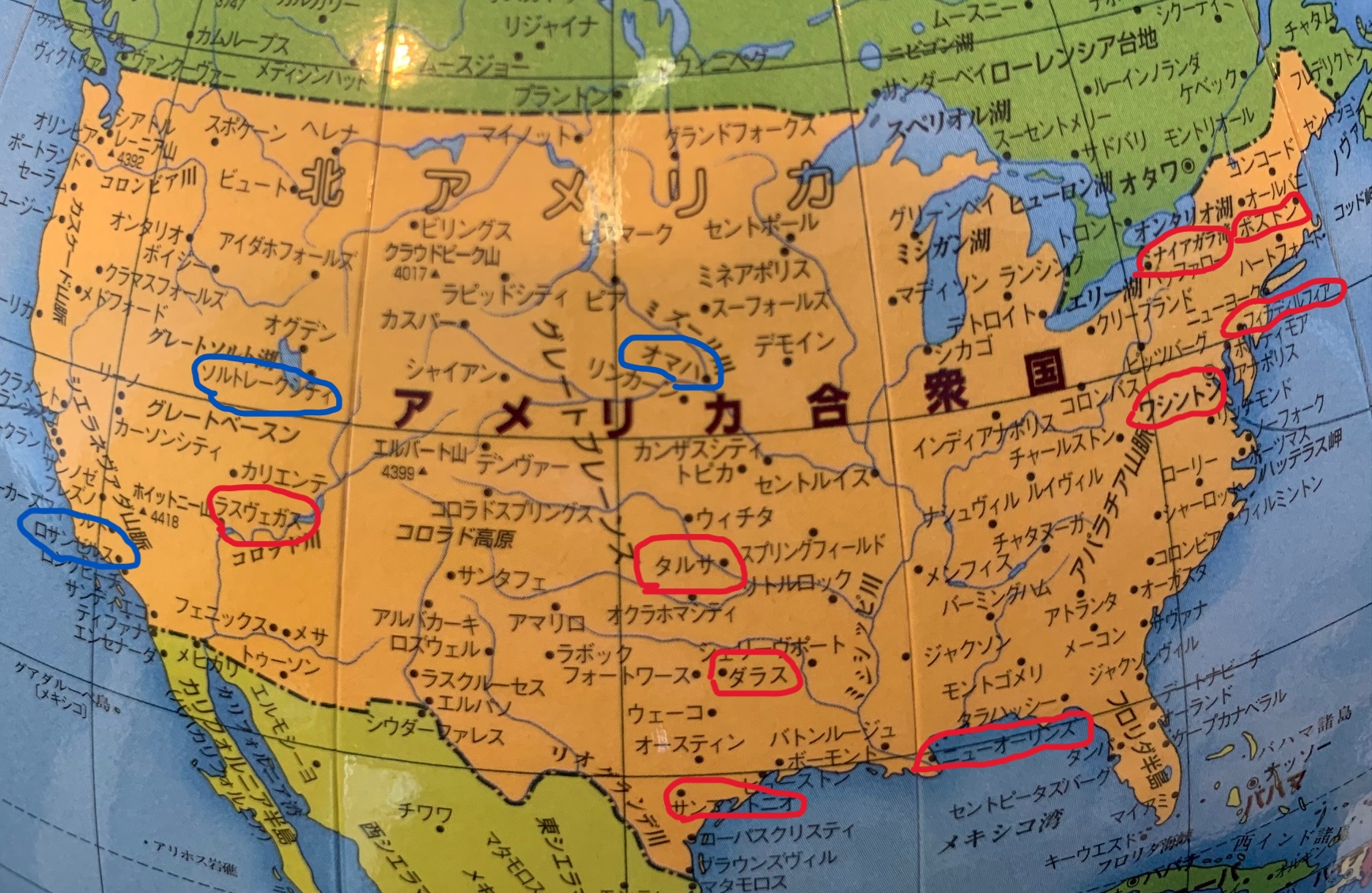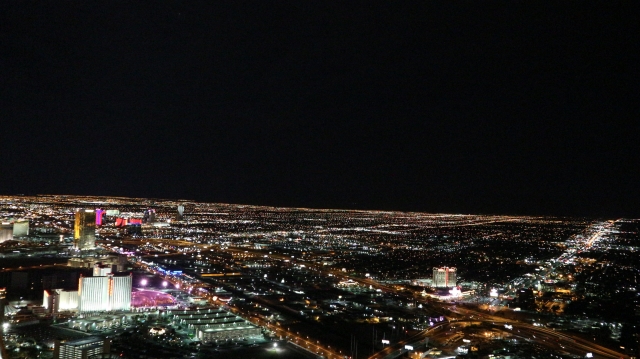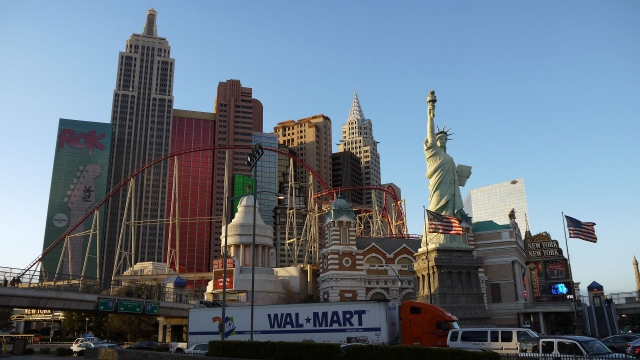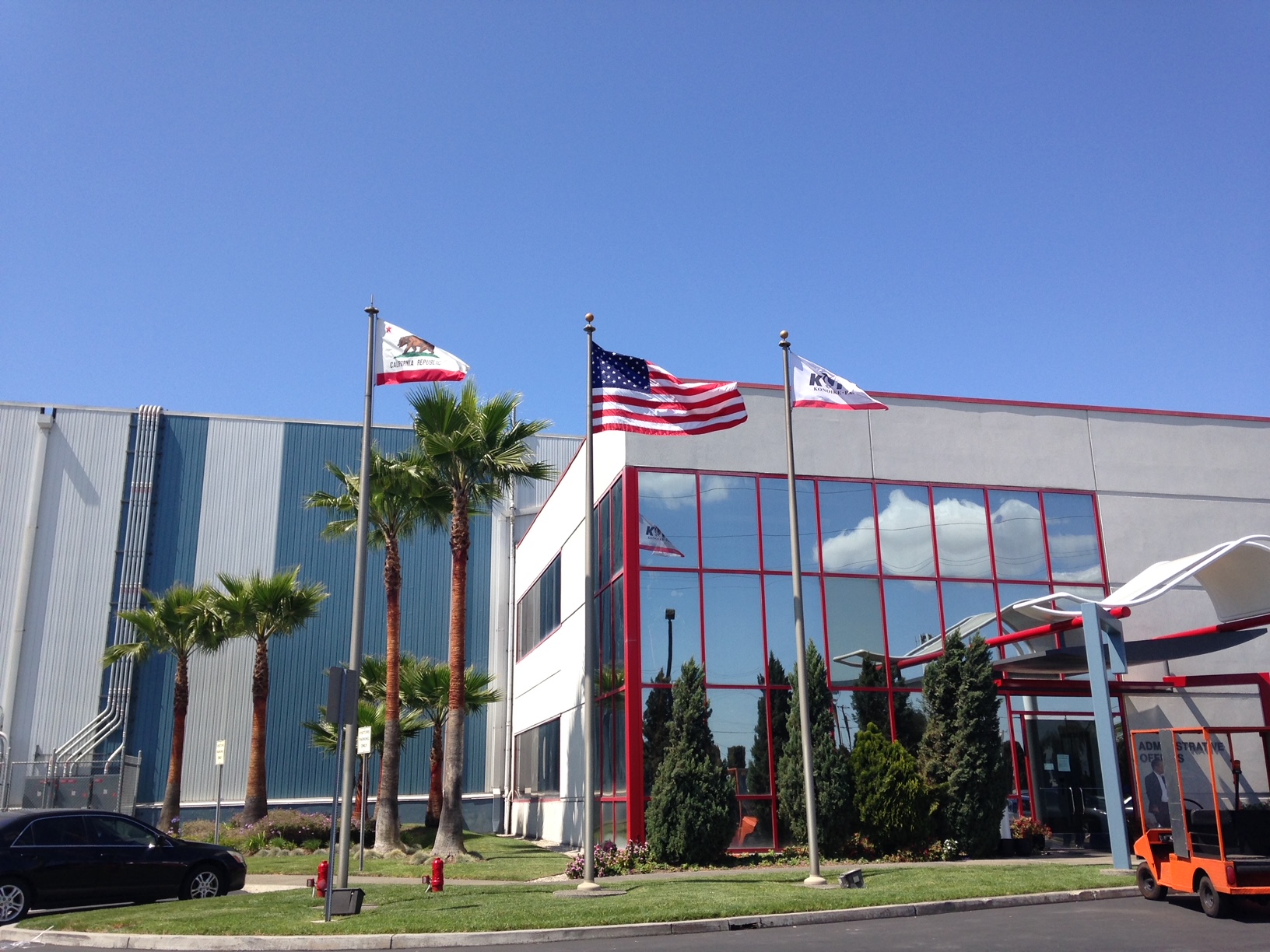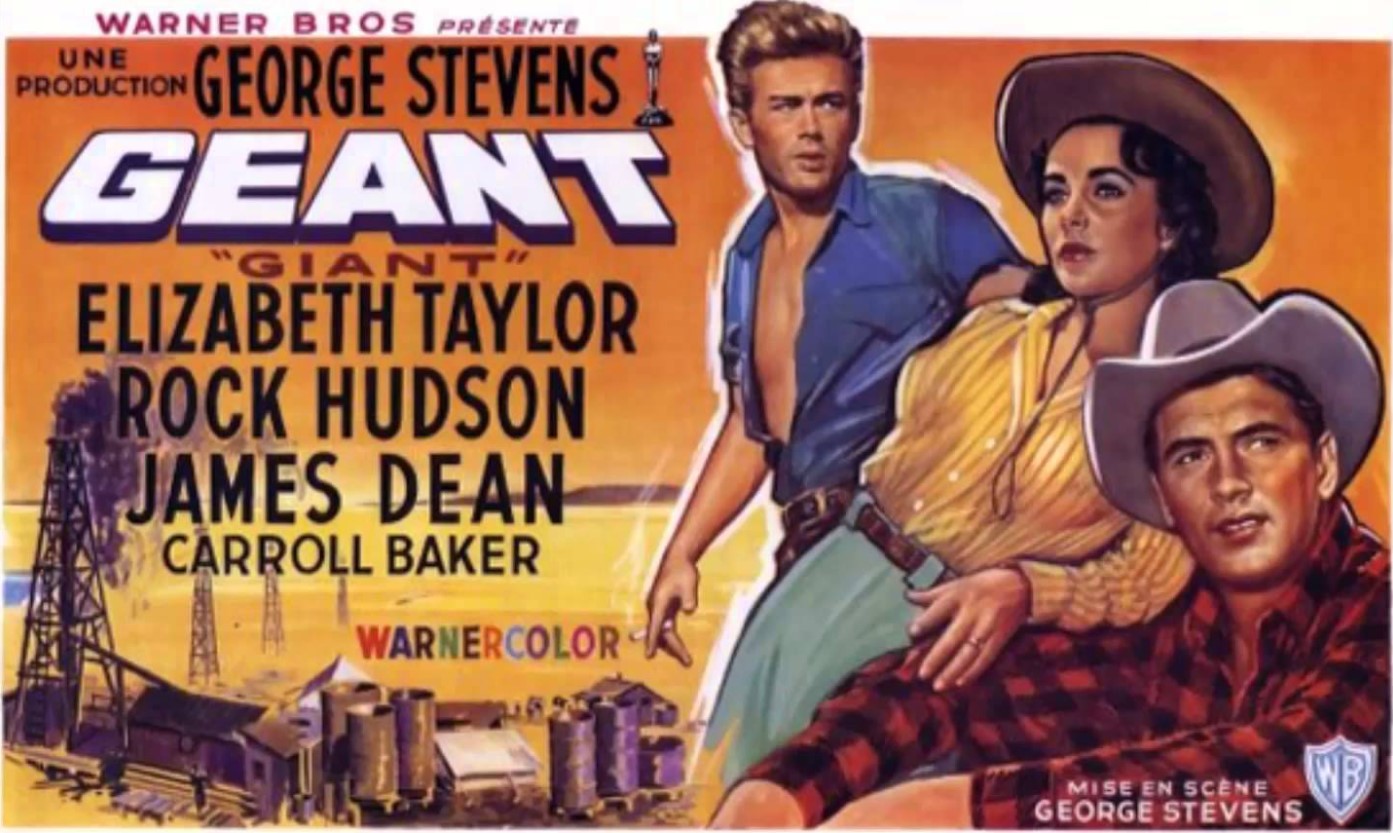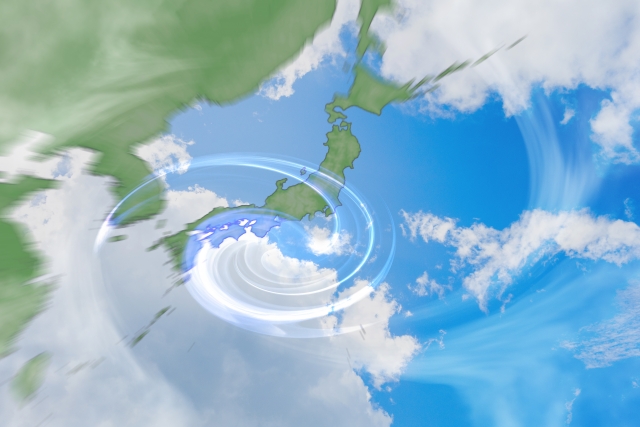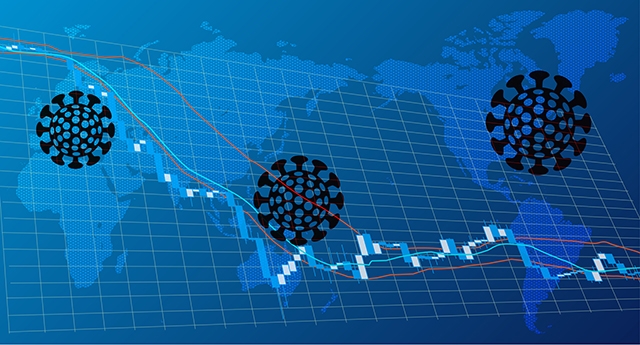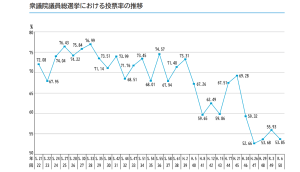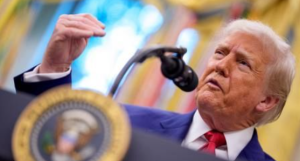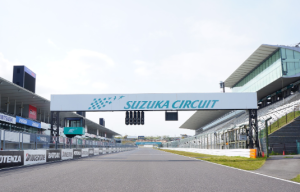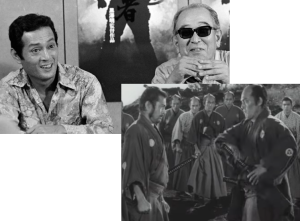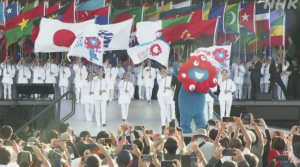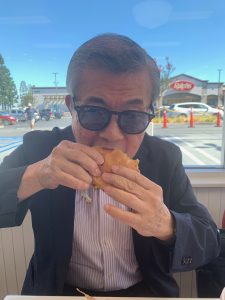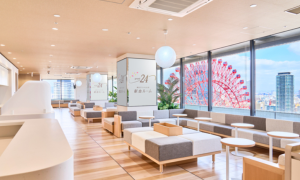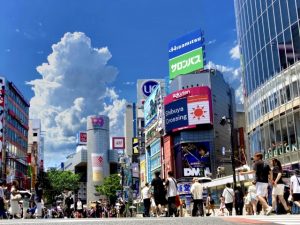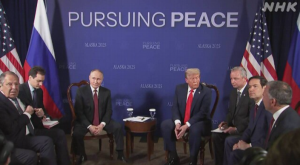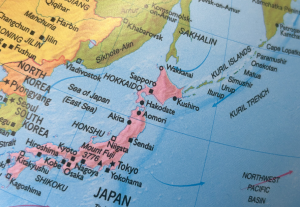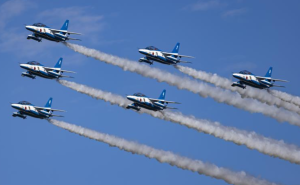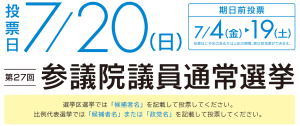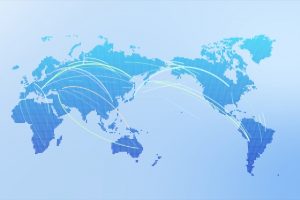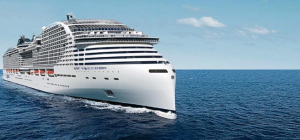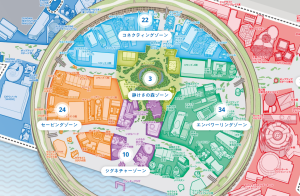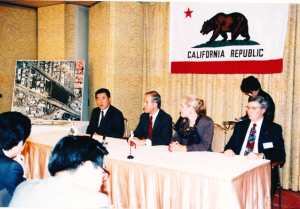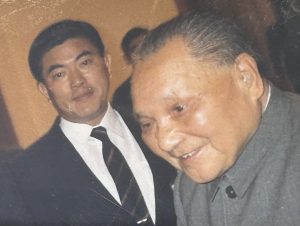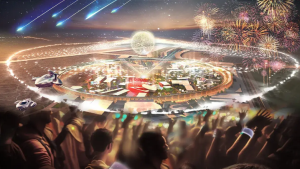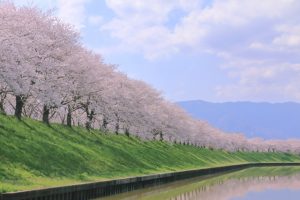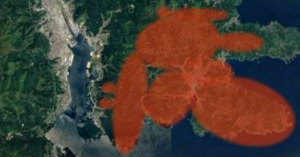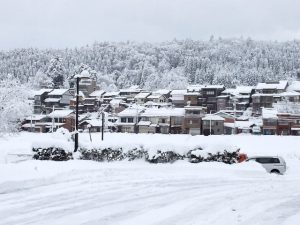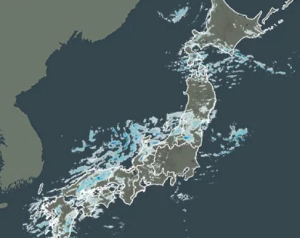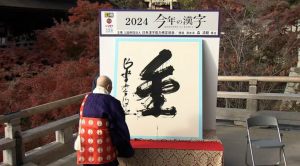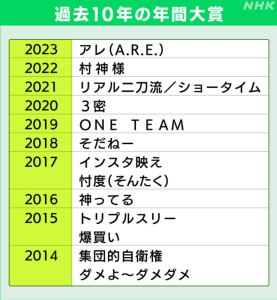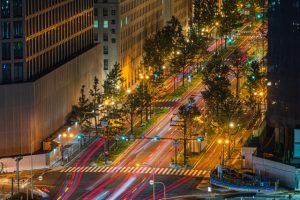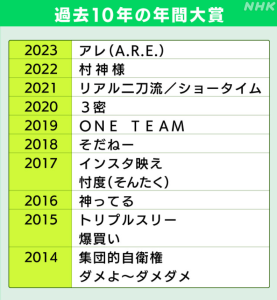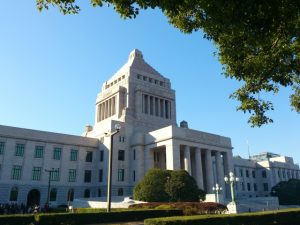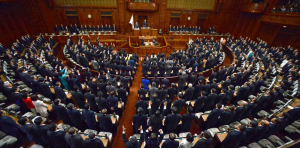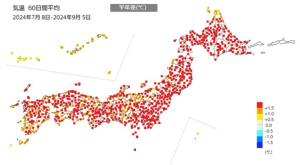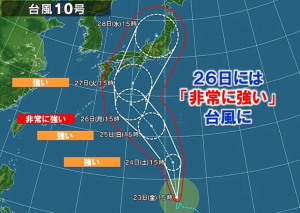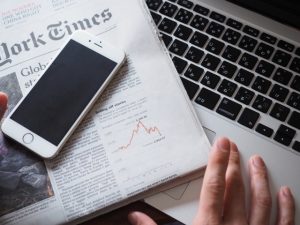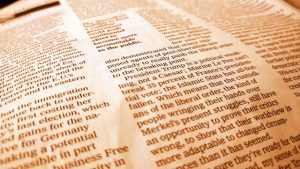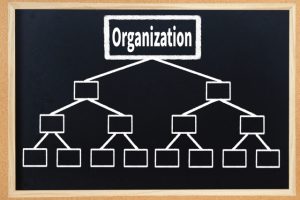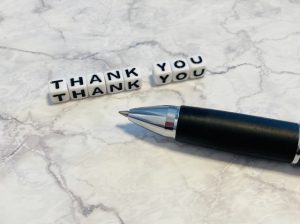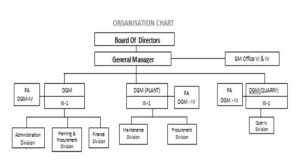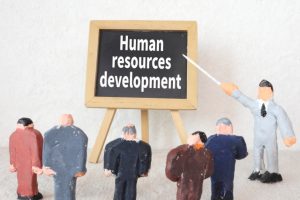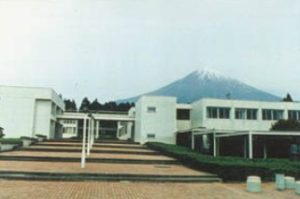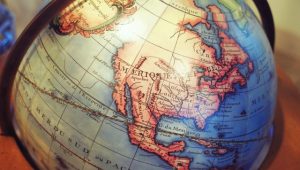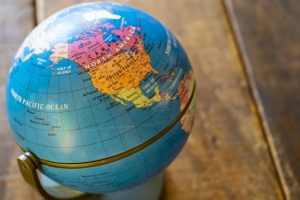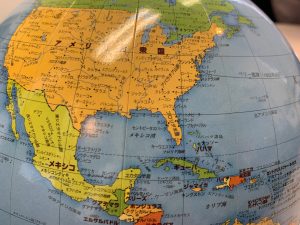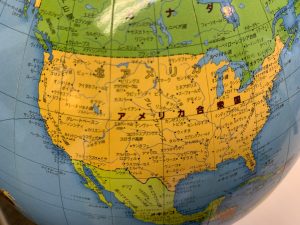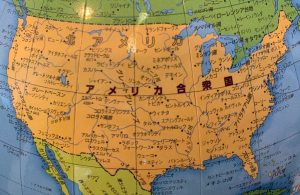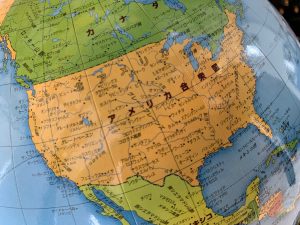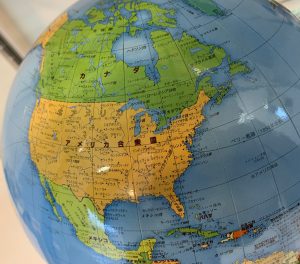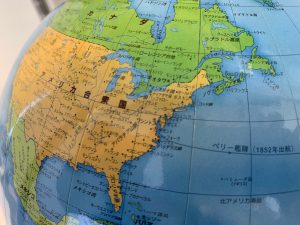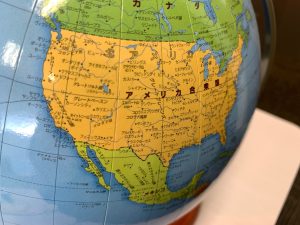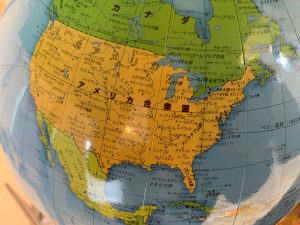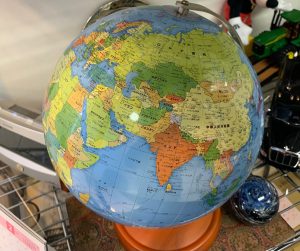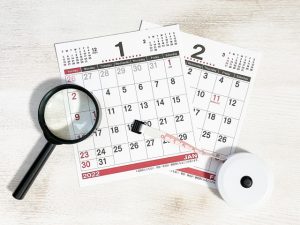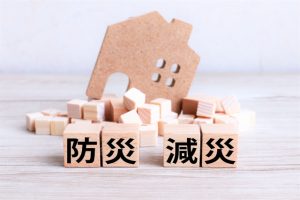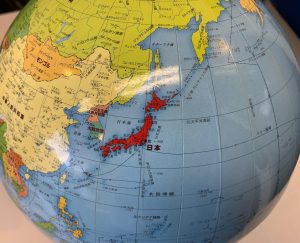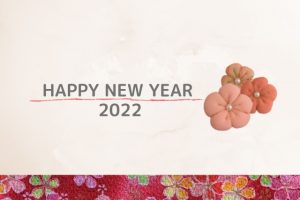Re: Looking back over my life and business in the United States(6) April 1, 2022
In the United States, “summer time” is put in practice from the second Sunday in March to the first Sunday in November. This system is not familiar to Japanese, but it aims to use sunny time zone effectively by setting clocks forward by one hour, and it is introduced mainly in the West. In addition, “summer time” is commonly called as “daylight saving time (DST)” in the United States, and its purpose becomes clearer.
When I worked at American subsidiary of Ube Industries, Ltd. in New York, I was in charge of selling petrochemicals manufactured in Japan within the United States, and on the contrary, export raw materials for chemicals produced in the United States to Japan. Therefore, I visited many times industrial States such as California, Texas and Louisiana. And besides major cities I accompanied customers coming from Japan, and visited Washington, Boston, Philadelphia, Dallas, New Orleans and San Antonio known as Fort Alamo. I think I went to Niagara Falls more than ten times during my term of office. Las Vegas is also a place full of memories for me. I wonder if IR (Integrated Resorts including Casino) planning in Japan now can produce a gorgeous atmosphere such as Las Vegas.
On the other hand, during my work at Konoike Transport Co., Ltd., after I set up freezing refrigerating warehouse business in an area of Los Angeles, I visited the inland area such as Omaha in Nebraska and Salt Lake City in Utah, because most of handling goods were meat made in the United States. And meat supplied at such places was brought to Los Angeles by freezing freight cars (80 tons burden) or trailers, kept temporally at warehouses of Konoike, transferred to marine containers and then exported to overseas including Japan.
And I also visited a town which used to flourish by oil production like Tulsa in Oklahoma. That town bore a strong resemblance to the scene where in “Giant”, a movie in which Texas is set and released in 1956, a cowboy played by James Dean struck oil and raised a war cry when he saw oil blowing up to the sky. A lovely couple played by Elizabeth Taylor and Rock Hudson was also very impressive for me in order to understand the good old days of American society. And I still recall the delicious taste of bean soup at the countryside restaurant in which I went for no particular reason.
What I surprise in the United States is that rural life is rich and many head offices of companies famous in the world are decentralized. For instance, among chemical makers, Dow Chemical is located in Midland, Michigan, Du Pont in Wilmington, Delaware, Union Carbide in Danbury, Connecticut, Monsanto in St. Louis, Missouri, and so on. High-tech companies such as Microsoft, Apple, and so forth also have their head office in the countryside. In this background there is the fact that the land is 26 times as big as Japan, and the decentralization of power to States is progressing. Therefore, business trip needs 4 or 5 times round-trip connecting flight and making full use of rental cars, and business in the United States is a real test of strength.
On the other hand, in Japan, administrative bodies are almost located in Tokyo, and number of listed companies which have head office in Tokyo is nearly half of the total. Headquarters of industry groups, mass communication, and education are also concentrating in Tokyo. Such overconcentration in Tokyo is definitely efficient and convenient. However, it is very vulnerable not only to Tokyo near-field earthquake which may occur at any moment and natural disasters like an eruption of Mount Fuji, but also to various risks of national security. There is even a risk losing capital function. The discussion based on this matter is necessary, but substantial discussion has not progressed yet. It is too late once disasters or “something unexpected” occur, and I wonder if this is all right or not.
(P.S.) In my Blog distributed on January 7 this year, I mentioned that Eurasia Group, research company in the United States, reports that the head of world major 10 risks this year is the failure of “Zero Corona policy in China”, and world economy and political situations of various countries are getting unstable. Looking at recent movement, it is becoming real, and I am anxious about the future impact on world economy.
And in order to prevent the infection from spreading, Chinese government has started lockdown in Shanghai dividing the city into east and west for nine days since March 28. Maersk, the largest container shipping line, says that” it will severely affect 30% of transport service coming and going on Shanghai”.
